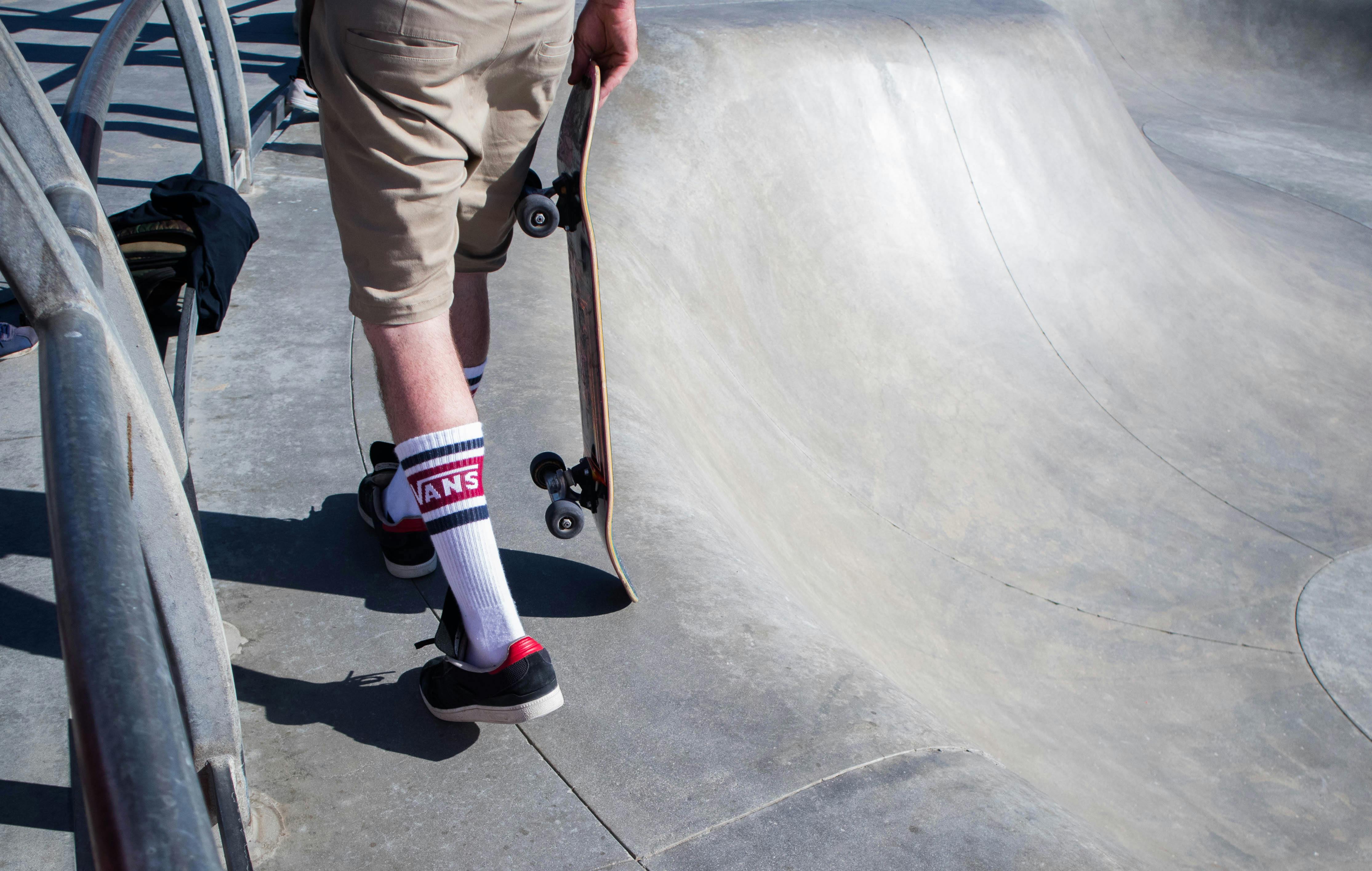10- That the Expos lost their fans after all the English left in the early 80’s.
The Olympic Stadium continued to average over 18,000 visitors per game until 1997. While they were by no means the leaders in attendance, it was still a strong foundation from which a committed and strong property could have grown.
9 – that the Atlanta Braves are on the brink of their 13TH CONSECUTIVE division title.
While this statement may be technically true, it has about as much merit as McGuire’s or Bonds’ home run records.
8 – Small market teams like the Expos can’t compete.
Consistency. That’s what having $$$ at your disposal every year will give you. Consistency. Assuming, of course, that your team isn’t led by the Monkeys (see: New York Rangers), a big budget will get you talked about as a contender every year. But every year, “Cinderella” or small-market equipment goes on the run. Every year, one or more of the “Davids” face off and bet on the “Goliaths.” Every few years, Montreal’s renowned minor league development and scouting systems can produce teams that are usually just a couple of pieces away from a playoff run.
7 – The people of Montreal don’t care about baseball anymore.
No one who has ever been to the Olympic stadium and heard 10,000 people sound like 30,000 loud can make that claim. Most of us follow the exploits of Vladimir Guerrero or Orlando Cabrera in their new teams. Or the Canadians who are making the major leagues in increasing numbers. Going to the stadium and giving our money to MLB would be like the victims paying to keep their rapist in jail. It’s just not right.
6 – The city of Montreal should not be important to the MLB.
This is the town where Jackie Robinson played before he was called up to the major leagues. This is the city and team Pete Rose played for when he got his 4,000th hit (there were over 48,000 that day). This was the first sprawling city outside of the United States. This is the team whose pitcher was the 11th in baseball history to record a perfect game. It can even be said that the success of the Expos paved the way for a second Canadian franchise to be established. The Blue Jays became the dominant franchise from 1989 to 1993. No matter what, Montreal will be remembered for its contribution to baseball.
5 – The Expos needed a new stadium downtown.
While there is no doubt that a stadium, in the heart of the city center, would have improved attendance, it is naive to believe that it would have been anything more than a Band-Aid fix. The Expos needed a stable, committed ownership group, not a better ballpark. If Montreal has something, it is that its fans are not fooled. The players would have had to be re-signed. It would be necessary to bring quality free agents. Simply put, the Expos would have needed to remain a contender to have survived. All one had to do was read the newspapers and check the first few weeks of attendance with Mr. Loria bought the Expos.
4 – Jeffery Loria killed the Expos.
When the team Loria bought the Expos, the city almost held its breath with the promise of restoring tradition and longevity to a team that for more than a decade has seen its best players sold to the highest bidder. With no local ownership to bid to become the senior partner, the Montrealers knew this New York Art Dealer was their last chance. The true plan or plot was soon revealed when Loria turned out to be another Bud Selig pawn in his scheme. The media crucified Loria and made him the scapegoat. We now have the benefit of history to guide us, and it’s become painfully obvious that Loria was merely a scapegoat for Selig. Selig has wanted to ditch the Expos opening since 2001, but most have been working on it since Claude Brochu in the mid-’90s. He’s a businessman, and if a franchise doesn’t meet revenue forecasts, then what? better way to line their pockets than the additional money made for “expansion fees.”
3 – Blue Monday was the worst day in Expos history.
While Blue Monday is universally recognized as the dagger at the heart of Montreal’s best chance to reach the World Series (in a non-strike year), we believe there was an undisclosed day that was worse than that. It was a day after 1990 when Claude Brochu and Bud Selig made a deal with one hand and stabilized the Expos with the other.
2 – Attendance remains low due to the indifference of Montrealers.
If there’s one thing Montrealers love to do, it’s partying. Any event is good. Jazz festival, comedy festivals, Canadian soccer league, hey, even an American soccer league. As long as you have a liquor license you will have good attendance. Knowing that your franchise is leaving, or that your owners are Major League Baseball, well, that’s not exactly a party atmosphere. Even the film festival was having good attendance until rumors started that it would be shut down in favor of Toronto. That won’t win you fans either.
1 – That if the strike had not canceled the ’94 season, things would somehow be different.
People seemed to forget that Montreal already had a 1994 season in 1981. The Expos will lead both times. The difference between 1994 and 1981 was 1 thing. Charles Bronfman. Mr. Bronfman kept his team intact and worked hard to keep Montreal in contention year after year. He only sold the team after forecasting that player salaries would skyrocket in his near future. Selig, through Brochu, would have sold Montreal’s star players despite whatever success the team may or may not have had during that season. Using recent history as our guide, we see that Selig’s new puppet, Loria, did the same for the Marlins. Montreal would have been no different. And the resulting backlash would have allowed him to move the team even sooner.



